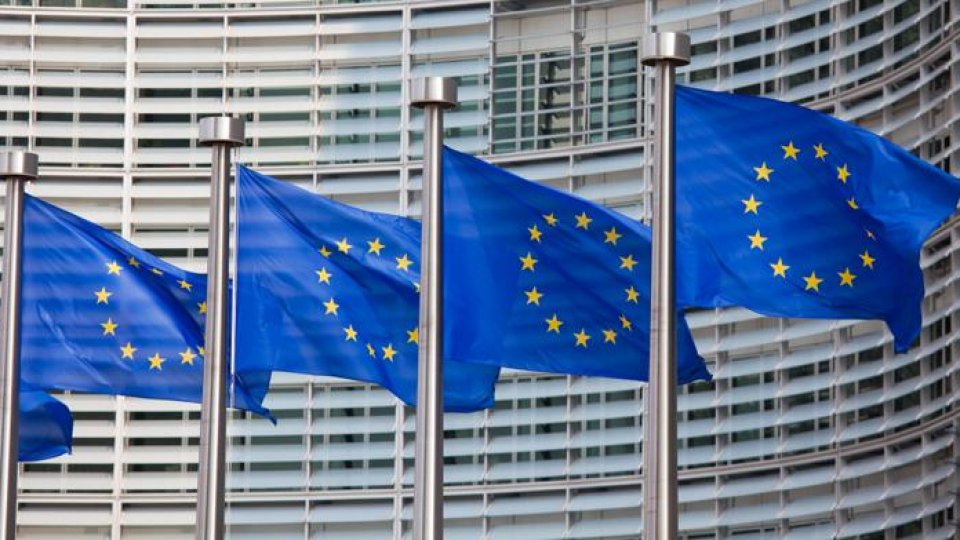EU Presidency: Agreement on new rules for selling goods and digital content
European Union is introducing new rules to make it easier and safer to buy and sell both goods and digital content cross-border.

29 Ianuarie 2019, 22:18
European Union is introducing new rules to make it easier and safer to buy and sell both goods and digital content cross-border.
Council and Parliament negotiators agreed today on a package comprising a directive on contracts for the supply of digital content and services (Digital content directive – DCD), and a directive on contracts the sales of goods (Sales of goods directive – SGD). This provisional political agreement will now have to be confirmed by the two institutions.
The directives lay down common rules on certain requirements concerning sales contracts concluded between the seller and the consumer. The objective is to provide a high level of protection and legal certainty to European consumers, in particular when buying across-borders as well as to make it easier for businesses, especially SMEs, to sell EU-wide.
Romanian Minister of Justice, Tudorel Toader: „This package is an ambitious yet balanced compromise between guaranteeing rights for European consumers while creating new business opportunities for EU companies. Consumers will now be better protected when they buy a shirt in a shop, a smart fridge online or download music. Companies will be able to cut red tape when they want to expand and start selling across the Union”.
Main elements of the compromise
The overall compromise includes a number of technical modifications and alignments to ensure provisions in both directives are as close as possible and provide a coherent and clear legal framework for consumers and sellers.
Both directives are based on the principle of maximum harmonization, which means member states cannot deviate from the requirements. However, on some aspects, some room is foreseen for EU countries to go beyond the requirements in order in particular to maintain the level of consumer protection already applied at national level.
In the digital content directive (DCD), the main elements of compromise are:
remedies for lack of supply and non-conformity: the compromise foresees that suppliers should be allowed a “second chance” in case of lack of supply before the contract can be terminated.
time limits for the supplier’s liability: to take into account the differences at national level, the compromise text does not fully harmonize prescription or guarantee periods, but states that the liability of the supplier for cases of lack of conformity may not be shorter than two years.
right to terminate long-term contracts: institutions agreed to remove this question from the scope of the directive.
In the sale of goods directive (SGD), some of the elements of the compromise text are:
scope of the directive: both institutions agreed that products with a digital element (e.g. smart fridges) would be regulated only through the sales of goods directive.
Rules on the obligation to update digital content embedded in goods: the provisions have been substantially redrafted to bring them closer to those in the digital content directive.
The final compromise foresees an obligation for the seller to supply updates during a period of time the consumer may reasonably expect depending of the type and purpose of the products. In some cases, a fixed time period may be foreseen.
Rules on non conformity remains largely as in the Council’s position. They include flexibility for member states to introduce an obligation for the consumer to notify within two months a lack of conformity to the seller.
Rules on time limits for guarantee periods and on the burden of proof remain as foreseen in the Council’s position.
Durability guarantee: the compromise include provisions on additional durability guarantees for consumers, besides the legal guarantee which remains compulsory for 2 years.
Next steps
Once the provisional agreement is confirmed by the two institutions (for the Council, this will be for EU permanent representatives at Coreper), the text will be revised by lawyer linguists before being formally adopted, most likely before the end of the Parliament term.
Background
The “digital content directive” concerns business-to-consumer (B2C) contracts for the supply of digital content and covers: data produced and supplied in digital form (e.g. music, online video, etc.), services allowing for the creation, processing or storage of data in digital form (e.g. cloud storage), services allowing for the sharing of data (e.g. Facebook, YouTube, etc.) and any durable medium used exclusively as a carrier of digital content (e.g. DVDs). ‘Over the top’ interpersonal communication services (OTTs), bundle contracts and the processing of personal data are included within the scope of the DCD directive.
The “sales of goods directive” concerns all sales of goods, whether than happens physically (in shops), online or in any distance sale. Goods with a digital component (e.g. smart fridge or intelligent watch) are covered by this directive.
Source:Romania2019.eu, Consilium









